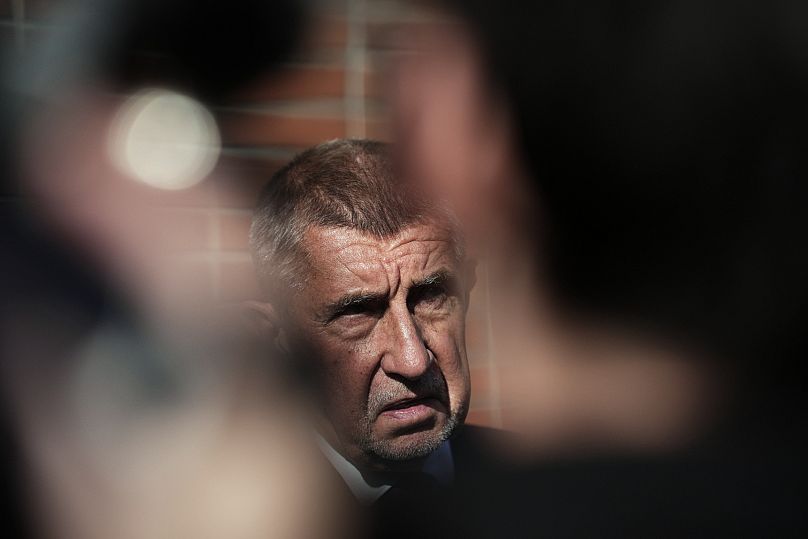Opinion polls put the former prime minister on course for victory over a pro-Western coalition led by Petr Fiala that defeated him in elections in 2021.
Voting began on Friday in a two-day general election in the Czech Republic that could steer the country away from its support for Ukraine, threatening to further divide the European Union and NATO.
 ADVERTISEMENT
ADVERTISEMENT
 ADVERTISEMENT
ADVERTISEMENT
Billionaire businessman and former Czech Prime Minister Andrej Babiš is predicted to become the latest populist leader in Central Europe to stage a political comeback.
Opinion polls put him on course for victory over a pro-Western coalition led by Petr Fiala that defeated him in elections in 2021.
Babiš' victory could move the country into the orbit of Viktor Orbán's Hungary and Robert Fico's Slovakia, both of which have favoured maintaining ties with Russia and have refused to provide military aid for Ukraine.
Hungary and Slovakia also continue to import Russian oil and have opposed EU sanctions on Moscow.
Last year, Babiš, along with his friend Orbán, co-founded the new "Patriots for Europe" alliance in the European Parliament, a significant shift from the liberal Renew group he previously belonged to.
The Patriots are critical of EU policies on migration and climate change, and support the protection of national sovereignty.
Babiš has denied sharing the pro-Russian stance of many members of the group, but he is planning to end a Czech initiative that has acquired millions of artillery shells for Ukraine. He has also refused to fully endorse a NATO commitment to significantly increase defence spending.
The Czech government under Fiala has provided Ukraine with significant humanitarian and military aid, as well as hosting around half a million Ukrainian refugees.
Babiš has been a divisive figure since he joined Czech national politics in 2013. A member of the Communist Party before the 1989 Velvet Revolution that toppled the communist regime in what was then Czechoslovakia, he has drawn comparisons to US President Donald Trump and faces fraud charges in a case involving EU subsidies.
But scandals seem to have done little to dent his popular support at home.
His populist ANO (YES) movement, which he defined as a "catch-all" party, lost the parliamentary election in October 2021 after a turbulent term including the Covid-19 pandemic.
A coalition of five parties formed a new government.
Babiš would prefer to rule alone, but polls predict he is likely to only win up to 30% of the vote. That would be about 10% more than Fiala’s coalition, but not enough to form a majority government.
He has ruled out cooperation with any of the parties that have been in the government since the 2021 election.
His potential partners include two coalitions that are openly pro-Russian and want to lead the country out of the EU and NATO. Babiš declared that this was not his intention.
Another potential ally, a right-wing group calling itself the Motorists that is backed by former Euro-sceptic President Václav Klaus, has vowed to reject the EU's environmental policies.












